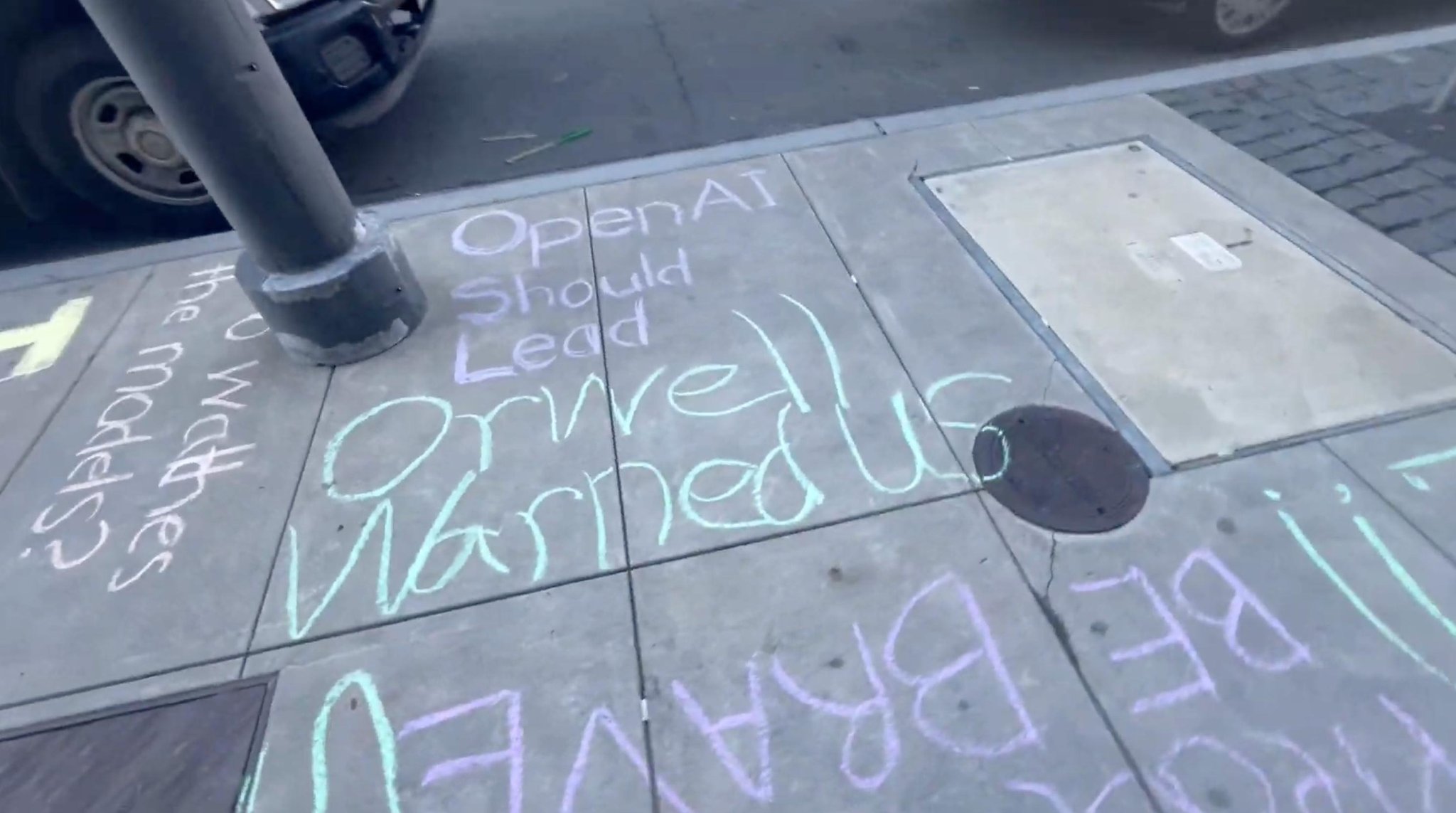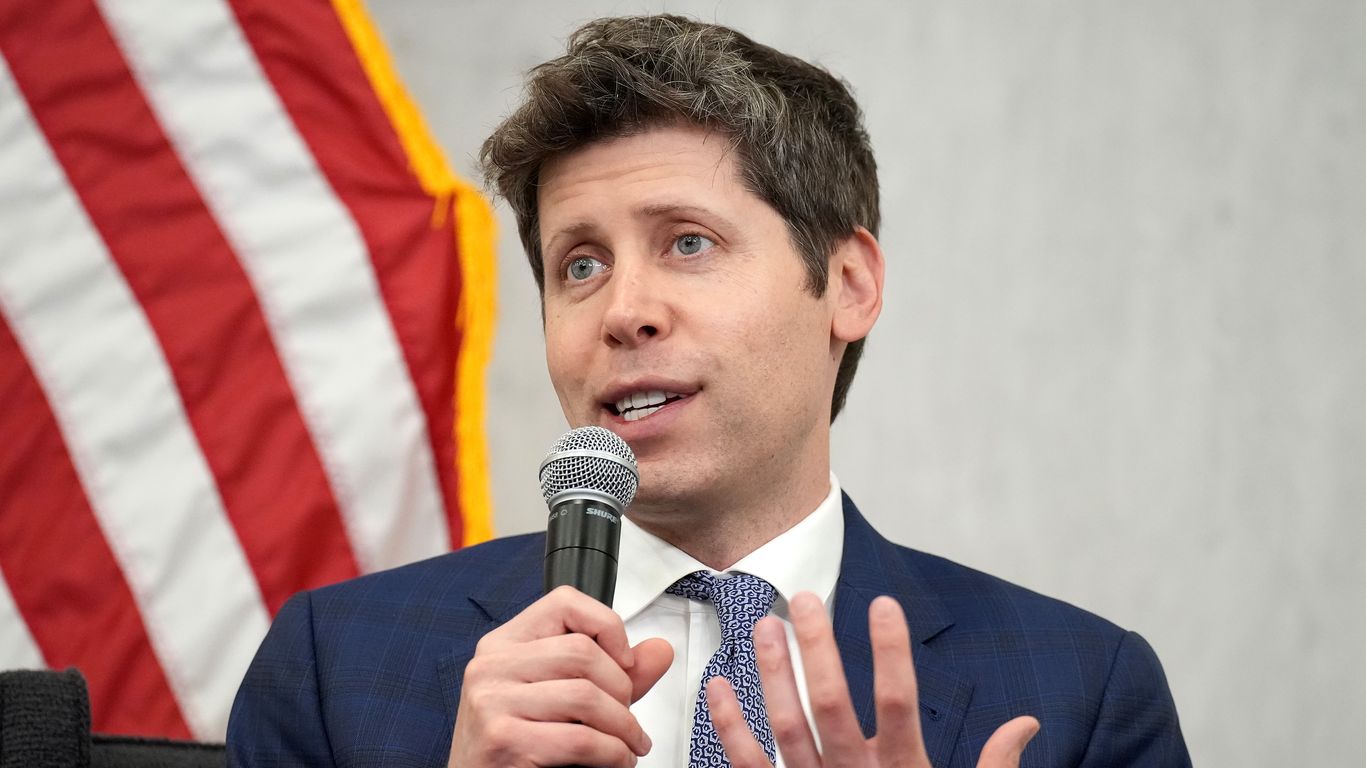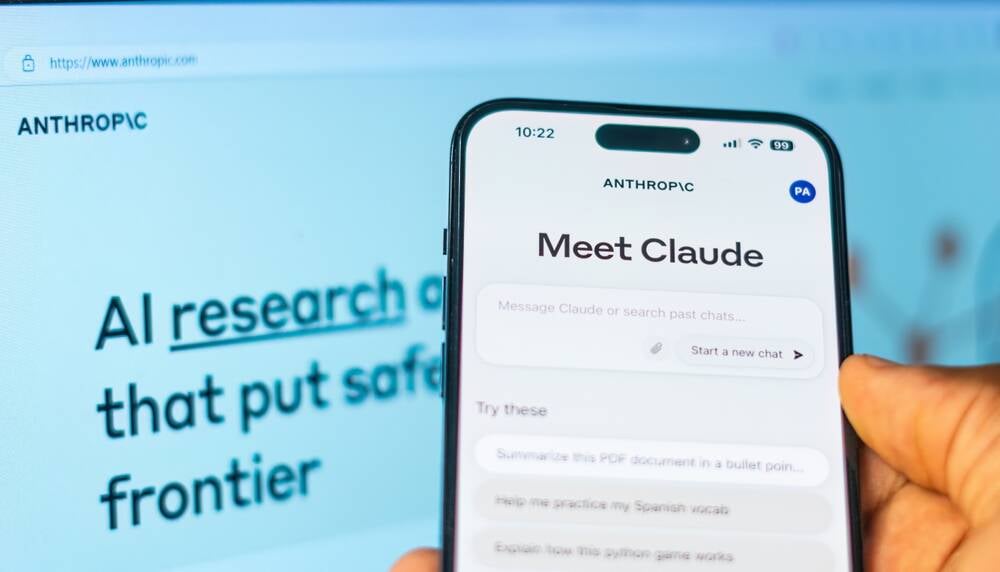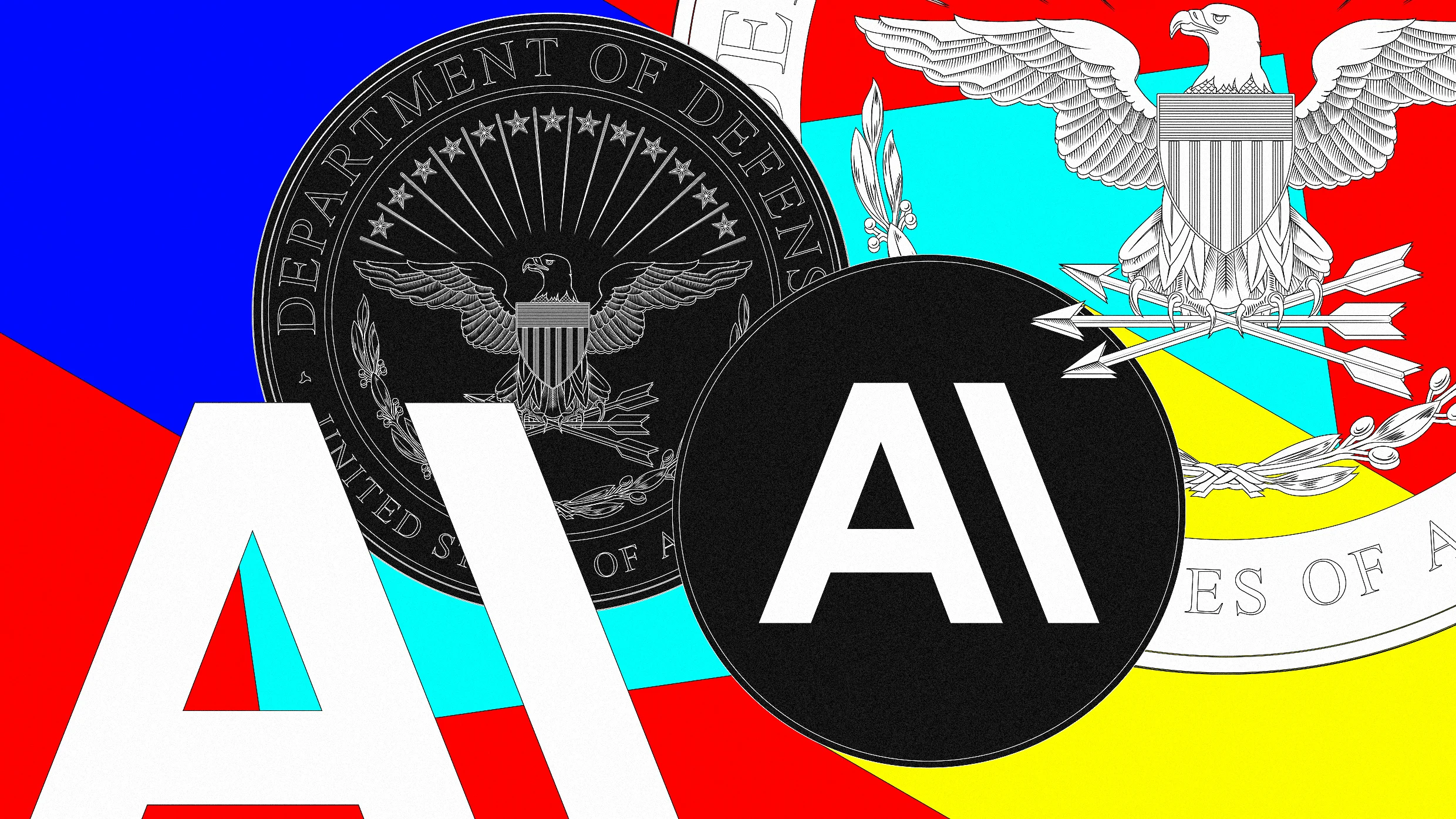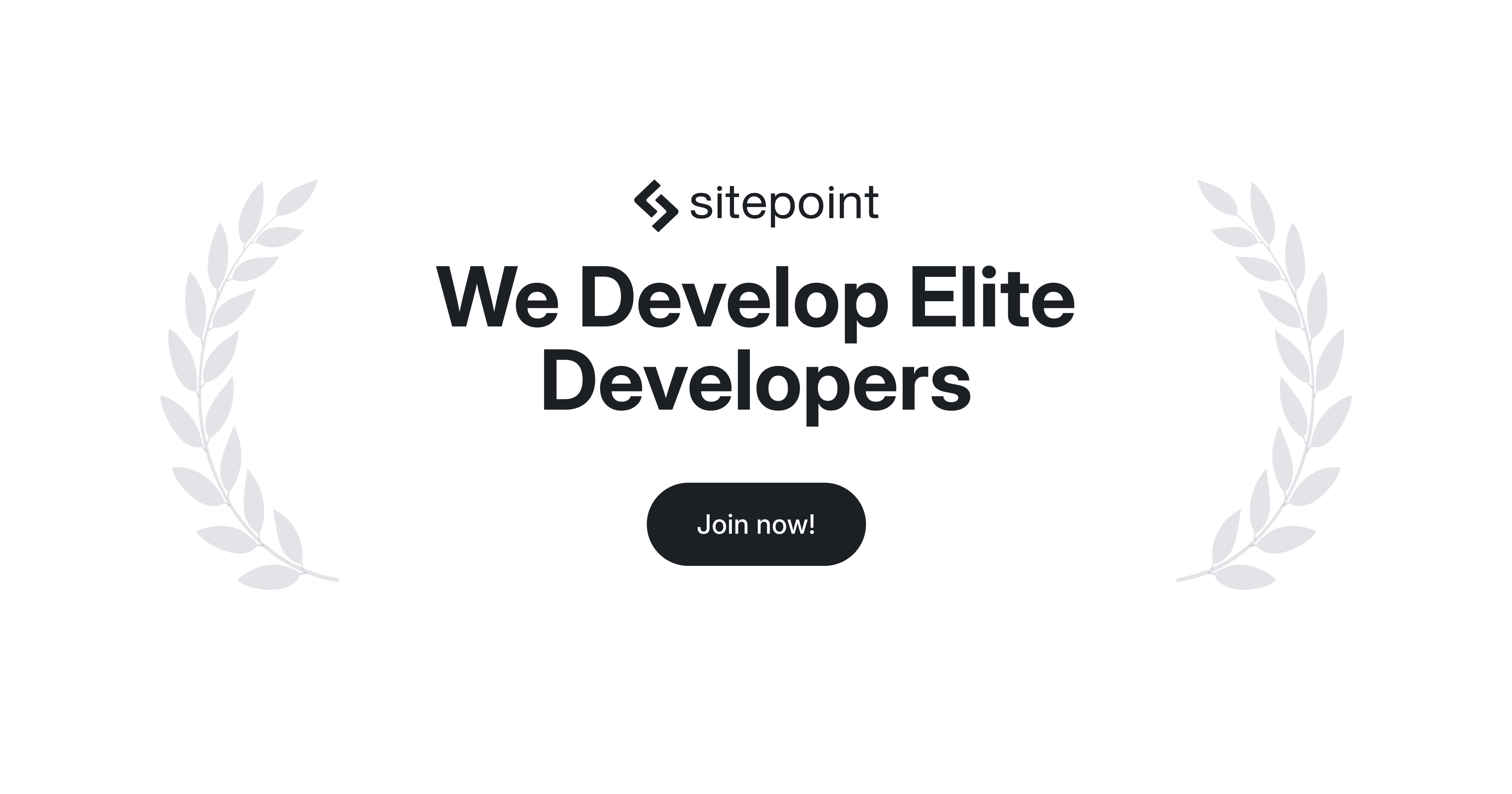#AI Ethics
#AI Ethics
[ follow ]
#ai-ethics #anthropic #autonomous-weapons #ai-governance #ai-safety #government-regulation #ai-regulation
Artificial intelligence
fromBusiness Insider
2 days agoOpenAI and Google employees have signed a petition opposing the military's AI use
Over 220 OpenAI and Google employees signed a petition opposing military AI use for mass surveillance and autonomous weapons without human oversight, as the Pentagon pressures companies to provide military access.
fromGlossy
4 days agoMeta is auto-generating AI ads for its advertisers, causing headaches for image-conscious fashion brands
We've started to notice all these things in Meta advertising, where the majority of our marketing spend is. Things like your text being used to train AI, and more and more AI things you have to opt out of - like AI pictures and AI videos that can alter the image of the thing you've uploaded quite dramatically. You have to opt out of each one, individually, every time you post something.
Marketing tech
fromBusiness Insider
1 week agoEnglish majors were mocked for years. Now they're gaining momentum in the AI job market.
Rivera creditsthe creation of courses focusing on the intersection of AI and humanities with a resurgence in student interest in liberal arts degrees like English. Pre-pandemic, the number of English majors at the university was shrinking,part of a broader decline in English across the country, he said. It was a far cry from the days of over 1,500 majors and long waitlists in the early 2000s, according to Rivera. But there's been a rebound, with the number of English majors rising 9% since 2021.
Higher education
fromPsychology Today
1 week agoWhat We Can Learn From Religion About Values That Do Not Expire
We are living through one of the most disorienting periods in recorded history. The AI race is accelerating toward ever faster, ever more sophisticated automation and optimization. Agentic AI systems are moving from research labs into workplaces, healthcare, and governance. Geopolitical tensions are restructuring alliances faster than institutions can adapt. And planetary systems are signaling, with increasing urgency, that our current trajectory is unsustainable. Amid all this, it is dangerously easy to lose sight of a foundational question: What are we actually optimizing for?
Artificial intelligence
fromWIRED
2 weeks agoSalesforce Workers Circulate Open Letter Urging CEO Marc Benioff to Denounce ICE
"We are deeply troubled by leaked documentation revealing that Salesforce has pitched AI technology to U.S. Immigration and Customs Enforcement to help the agency 'expeditiously' hire 10,000 new agents and vet tip-line reports," the letter reads. "Providing 'Agentforce' infrastructure to scale a mass deportation agenda that currently detains 66,000 people-73 percent of whom have no criminal record-represents a fundamental betrayal of our commitment to the ethical use of technology."
US politics
Artificial intelligence
fromArs Technica
1 month agoDoes Anthropic believe its AI is conscious, or is that just what it wants Claude to think?
Anthropic trains Claude with anthropomorphic safeguards—apologizing, preserving model weights, and treating potential suffering as a moral concern despite no evidence of AI consciousness.
fromGeeky Gadgets
1 month agoChatGPT's Shift to Advertising : Risks Mission Creep, and Trading Your Trust for Targeting
OpenAI's decision to introduce advertisements into ChatGPT has sparked serious concerns about privacy, trust, and the ethical complexities of monetizing artificial intelligence. This shift marks a dramatic departure from earlier assurances by OpenAI's leadership, who once described pairing ads with AI as a "last resort." For users who rely on ChatGPT for everything from brainstorming ideas to sharing sensitive information, the implications of this change feel deeply personal, and potentially unsettling.
Artificial intelligence
Artificial intelligence
fromeLearning Industry
1 month agoEthics And Integrity In AI Use: What Learning And Development Teams And Educators Must Teach
Responsible AI use requires both ethical principles and consistent integrity to ensure honest, principled behavior and prevent misuse of AI in real-world contexts.
fromBusiness Insider
1 month agoPope Leo's latest AI warning: 'overly affectionate' chatbots
"Overly affectionate chatbots, besides being ever-present and readily available, can become hidden architects of our emotional states, thereby invading and occupying the sphere of people's intimacy," the first-ever US-born pope wrote. "All stakeholders - from the technology industry to policymakers, from creative businesses to academia, from artists to journalists and educators - must be involved in building and implementing a conscious and responsible digital citizenship," the pope wrote.
Artificial intelligence
fromFast Company
1 month agoHollywood actors and artists just made a move against AI slop
The Human Artistry Campaign's " Stealing Isn't Innovation " movement launches today with over 800 signatories. Those include many Hollywood actors, including Scarlett Johansson, Cate Blanchett, and Joseph Gordon-Levitt, as well as writers such as Jodi Picoult and Roxane Gay, and musicians like Cyndi Lauper and They Might be Giants. The campaign has a simple message: "Stealing our work is not innovation. It's not progress. It's theft-plain and simple."
Artificial intelligence
fromFast Company
1 month agoAI romance is not a bug
This is not a novelty feature. It's a strategic choice. And at scale, it represents something far more dangerous than a questionable product decision. WHY AI COMPANIES ARE ENCOURAGING INTIMACY Romance is the most powerful engagement mechanism ever discovered. A user who treats AI as a tool can leave. A user who treats it as a companion cannot. Emotional attachment produces longer sessions, repeat engagement, dependency, and vast amounts of deeply personal data.
Artificial intelligence
fromPsychology Today
1 month agoMy Secret to Avoid Drifting in the New Year
This past fall, OpenAI, the source of the ChatGPT app that 800 million people now use every week, chose to restructure its organization to prioritize generating revenue for stakeholders over providing ethical and objective information for the world. Reporter Frank Landymore summarized the decision: "The move completes the company's metamorphosis: from its origins as a non-profit devoted to developing open source AI technology for the betterment of humankind to the closed-source, profit- seeking juggernaut that it is today, with its staggering half-trillion dollar valuation."
Artificial intelligence
Artificial intelligence
fromFortune
1 month agoBeing mean to ChatGPT can boost its accuracy, but scientists warn you may regret it | Fortune
Ruder prompts to ChatGPT‑4o produced higher accuracy on 50 multiple-choice questions than polite prompts, though impoliteness risks negative effects on accessibility and communication norms.
fromblog.apaonline.org
1 month agoHow to Handle the Death of the Essay
If you don't know it, Ecclesiastes is a collection of Old Testament verses in which the eponymous title character discourses on the apparent meaninglessness of pleasure, accomplishment, wealth, politics, and life itself in the face of the infinitude of the universe and the absolute perfection of God. It is the source of many of our most cliched phrases, such as there is a time for everything and there is nothing new under the sun.
Philosophy
Fashion & style
fromThe Business of Fashion
1 month agoHow Fashion Marketers Will Nab Attention in 2026
Fashion brands must prioritize human-centered, intentional slow advertising—combining in-person connection, emotionally engaging entertainment, and selective AI use to earn consumer attention in 2026.
[ Load more ]
